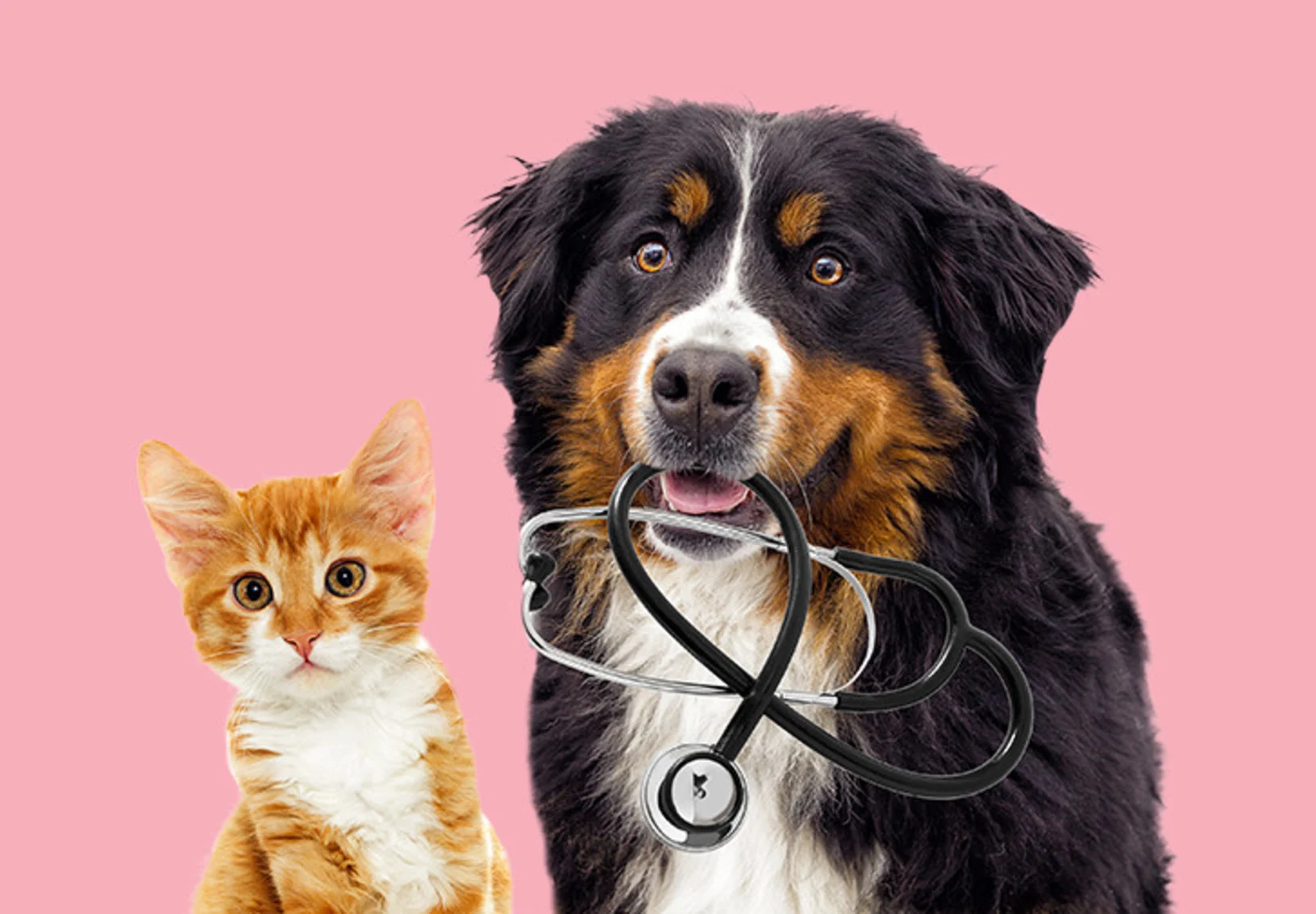
Can I share the results of my dog’s DNA test with my veterinarian, and how might it influence my pet’s healthcare plan?
In the age of advanced pet care, canine DNA tests can reveal our pets’ genetic riddles. But can you share the results with your veterinarian, and how might it influence your pet’s healthcare plan? Let’s explore the collaborative potential of integrating genetic insights into best dog dna test overall well-being.
- Sharing Insights with Your Veterinarian
Yes, you can and should share the results of your dog’s DNA test with your veterinarian. Veterinarians are essential partners in your pet’s healthcare journey, and the information derived from DNA testing can offer valuable insights to enhance their understanding and care.
- Tailored Preventive Care
Sharing DNA test results lets you customize dog preventive care. Genetic information may indicate health risks or predispositions. With this knowledge, your vet may build a personalized preventative care plan to address specific concerns and reduce risk.
- Breed-Specific Health Considerations
Different breeds have varying susceptibilities to certain health conditions. The breed identification component of a DNA test can provide crucial information about your dog’s genetic background. This insight allows your veterinarian to consider breed-specific health considerations when crafting a healthcare plan, ensuring a more targeted and effective approach.
- Early Detection and Intervention
Early detection and intervention are possible with genetic testing. If the test shows hereditary predispositions, your vet may propose screenings or diagnostic tests to spot problems early. Pets with early detection have better treatment outcomes and quality of life.

- Tailoring Nutrition and Exercise Plans
Certain breeds may have unique nutritional requirements or be predisposed to weight-related issues. The genetic information from a dog DNA test can guide your veterinarian in tailoring nutrition and exercise plans that suit your dog’s specific needs. This personalized approach contributes to overall health and well-being.
- Addressing Behavioural Traits
DNA testing may reveal your dog’s personality beyond health. Understanding these features helps solve behavioural issues and customize instruction. Based on genetic information, a vet can help you improve your dog’s behaviour.
- Enhancing Communication Between Owner and Veterinarian
Sharing DNA test results helps pet owners and vets communicate. It fosters collaboration to improve the pet’s health. This cooperation ensures that your dog’s genetics inform healthcare, dietary, and lifestyle decisions.
Sharing the results of your best dog dna test with your veterinarian is a proactive step towards a holistic and personalized approach to canine care. It empowers veterinarians to tailor preventive measures, detect issues early, and address specific genetic considerations. The collaborative effort between pet owners and veterinarians, enriched by genetic insights, contributes to a lifetime of well-being and happiness for our beloved canine companions.


